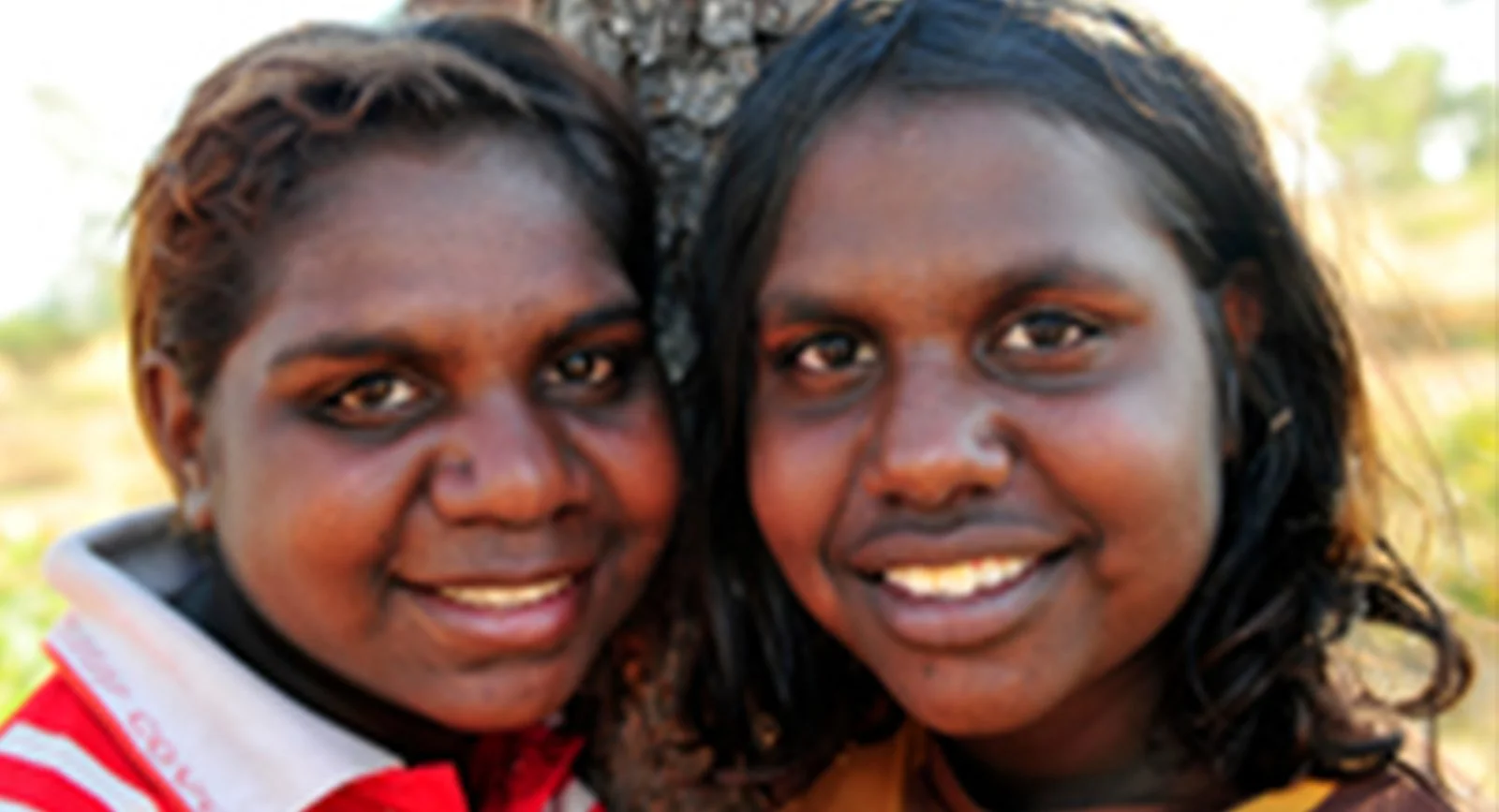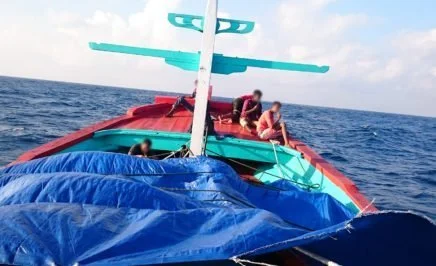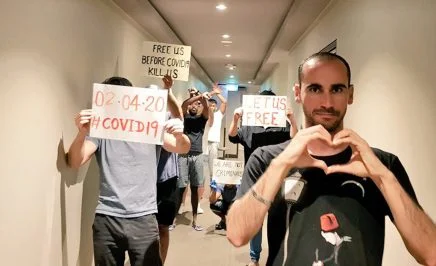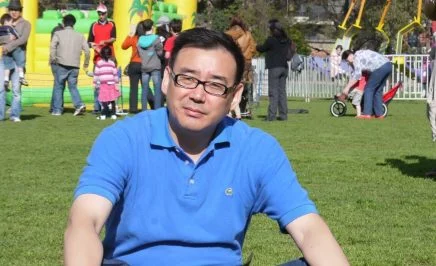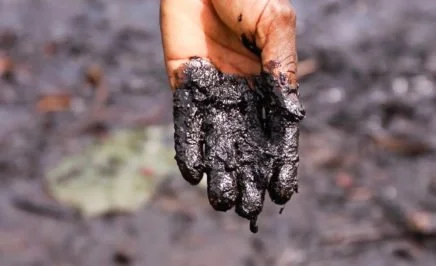Amnesty International Australia called on the Federal Government to urgently protect the human rights of Indigenous peoples as part of its response to the COVID-19 pandemic.
One of the key areas where Amnesty has concerns is the increased risk to the health and safety of children who are on remand and are detained in adult watch houses.
“We’re talking about kids as young as 10 in adult prisons,” Amnesty International Australia Indigenous Rights Lead, Lidia Thorpe said.
“Most of these kids are later released without conviction, only underlining that it’s totally unacceptable to leave them in prison when they would be safer at home with their family. ”
Amnesty International Australia’s Indigenous Rights Lead, Lidia Thorpe.
Under the Convention of the Rights of the Child, which is binding on Australia and other international standards Detention of a child whether before the a trail or following a sentence must be used only as a measure of last resort, for the shortest appropriate period of time and principally separate from detained adults, but best avoided wherever possible.
Given that the spread of COVID-19 is a particular public health concern in custodial environments, the authorities should urgently release these children and seriously consider the same for other groups at special risks.
“It appears that there has been a lack of concern for the welfare and rights of marginalised groups in the COVID-19 response so far, including Indigenous peoples.”
Reports earlier last week indicated that Aboriginal people in remote areas will be required to continue to attend “work-for-the-dole” group activities. These are activities they are required to attend to receive their welfare payments. These activities necessarily involve close contact with people, and make it almost impossible to follow the government’s advice on social distancing to stem the spread of COVID-19.
Furthermore, Indigenous peoples in Australia have historically experienced serious challenges in accessing healthcare, denial of relief payments to the cashless debit card, as well as high rates of poverty and overcrowded housing. All of this increases their risk of exposure to COVID-19, and makes it harder for them to access care and treatment if they do.
“It is entirely inappropriate and unreasonable to ask people to put their health and the health of their communities at risk, or lose their welfare payments,” Thorpe said.
“What this says clearly is that we’re running a two-tiered system: one for blackfellas, and one for everyone else.
“Everyone has the right to health, free from discrimination. Requiring people to risk exposure to COVID-19 to access their welfare payments, where access to health care is already problematic, is nothing short of outrageous.
“The government should take a firm stand on protecting the human rights of the most marginalised in our society, including remote Aboriginal communities, by ensuring they have the same opportunities to protect themselves from exposure to COVID-19 and the effects of infection as others living in Australia do.”
